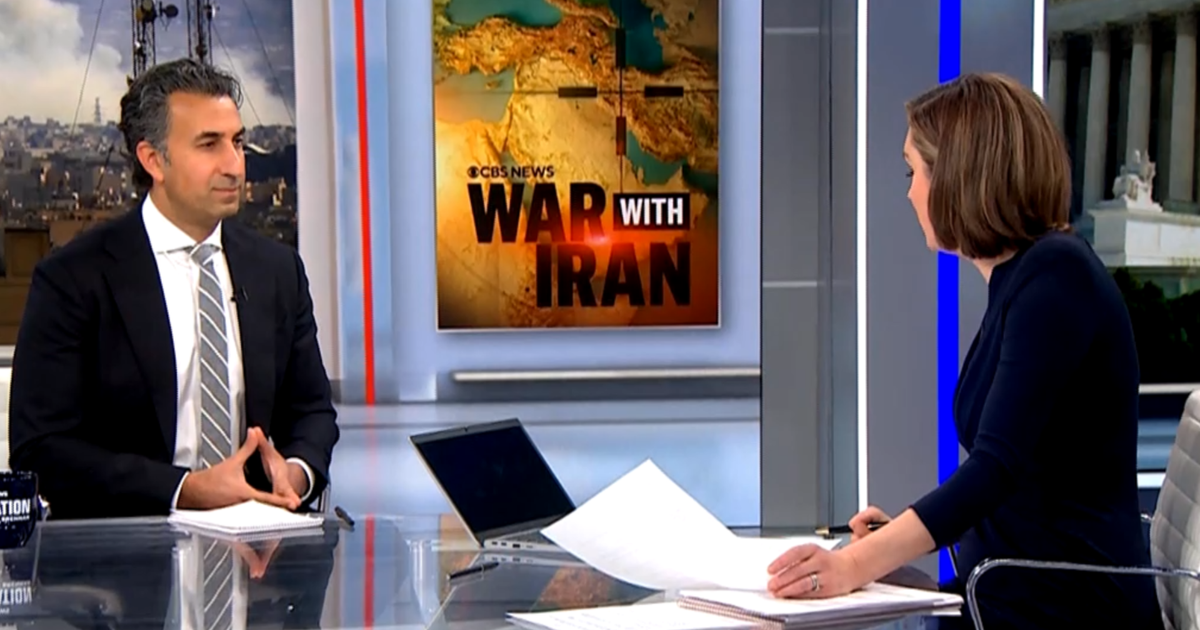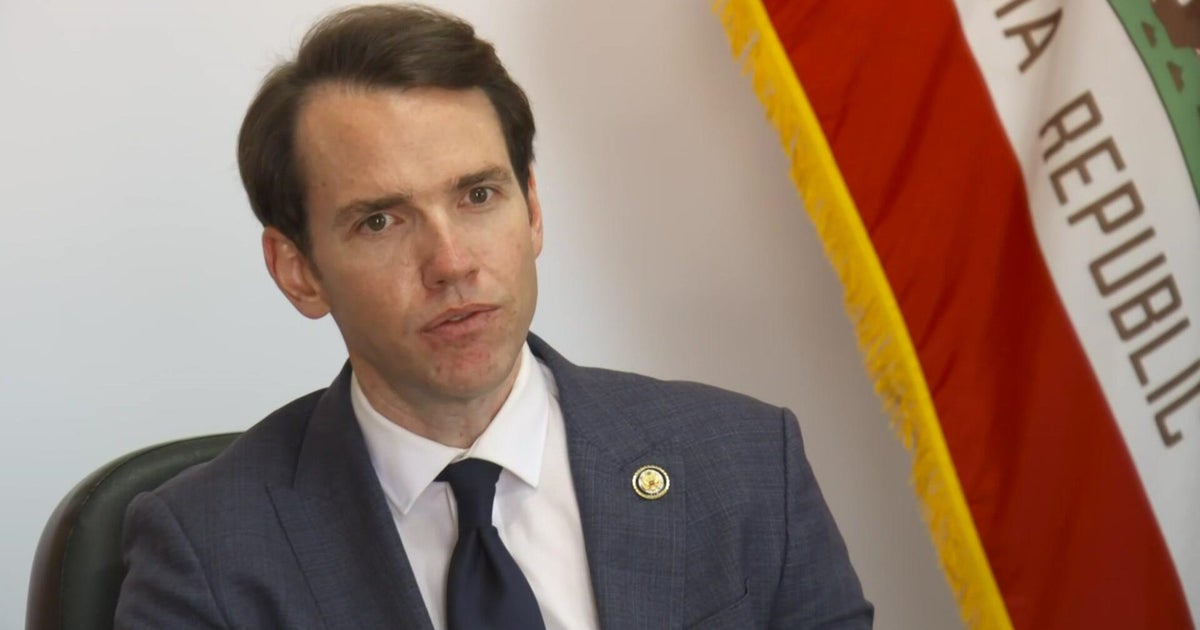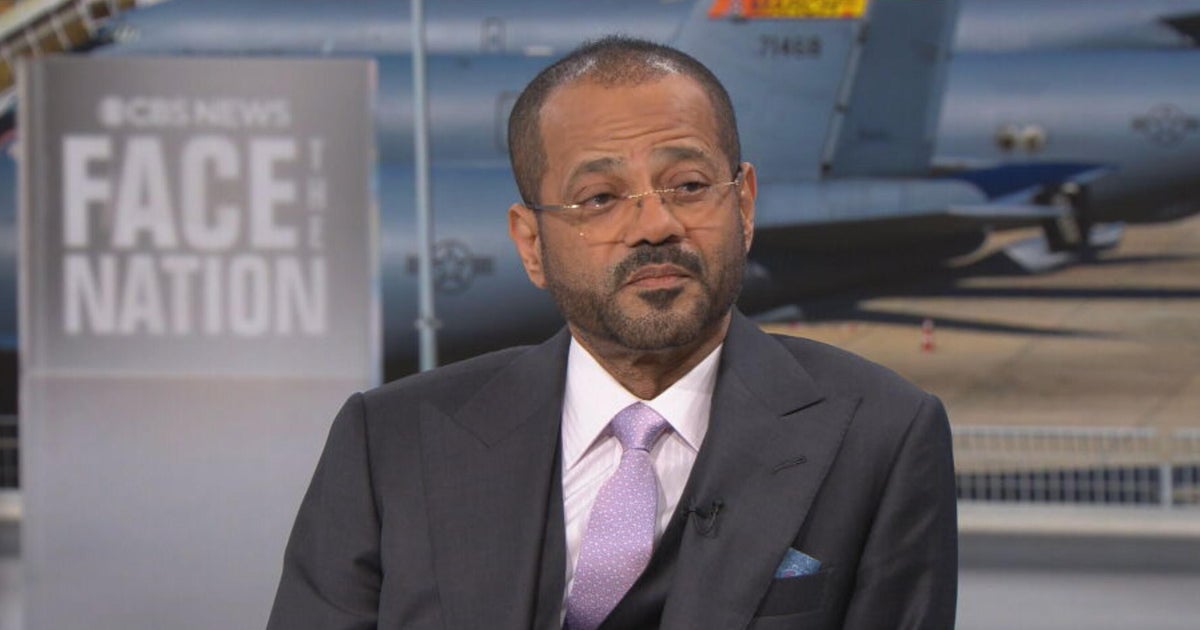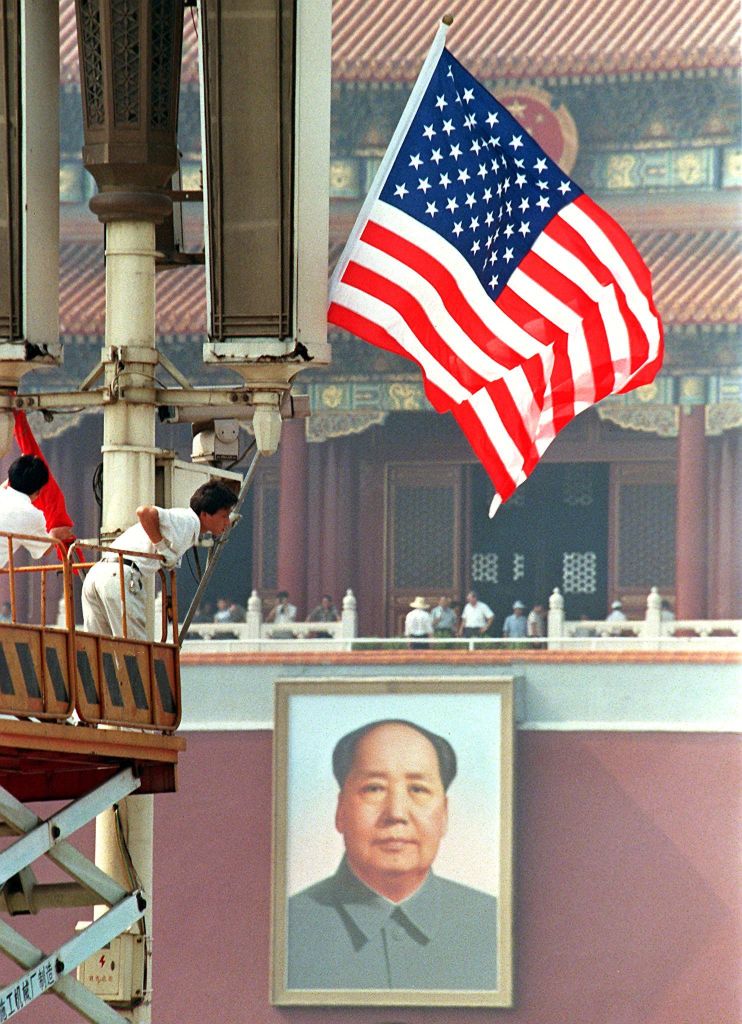March 1 a "hard deadline" for reaching trade deal with China, Lighthizer says
U.S. Trade Representative Robert Lighthizer said March 1 marks a "hard deadline" for the U.S. and China to reach a firm trade agreement.
Mr. Trump claimed China had agreed to "reduce and remove" tariffs at a meeting at the G-20 summit in Argentina, but China has been less reluctant to say so — and U.S. administration officials had different takes on how firm any agreement with China was. The two countries are continuing talks for 90 days.
"As far as I'm concerned, it's a hard deadline," Lighthizer said on "Face the Nation" Sunday. "When I talked to the president of the United States, he's not talking about going beyond March. He's talking about getting a deal. If there is a deal to be gotten, we want to get it in the next 90 days."
Those talks, however, have been complicated by the arrest in Canada of Meng Wanzhou, the chief financial officer of Chinese telecom firm Huawei. China has summoned the U.S. ambassador to protest her detention and likely extradition to the U.S.
Lighthizer said he disagreed with those like Republican Sen. Marco Rubio of Florida who want to ban Chinese telecom companies from doing business in the U.S. He said he considers the issue of Meng's arrest to be unrelated to trade negotiations.
"Well, it's my view that it shouldn't really have much of an impact," Lighthizer said of Meng's arrest. "I can understand from the Chinese perspective how they would see it that way. This is a criminal justice matter. It is totally separate from anything that I work on or anything that the trade policy people in the administration work on. So, for us, it's unrelated, it's criminal justice. We have a lot of very big, very important issues. We've got serious people working on them, and I don't think they'll be affected by this."
Earlier this year, Rubio introduced a bill to attempt to ban some Chinese telecom companies. It was unsuccessful. But Rubio told "Face the Nation" host Margaret Brennan he'll bring up similar legislation in the next session of Congress.
"We have to understand Chinese companies are not like American companies," Rubio said. "When the Chinese ask a telecom company, 'We want you to turn over all the data you've gathered in the country you're operating in,' they will do it. No court order. Nothing like that. They will just do it. They have to. We need to understand that."
On another subject, Lighthizer demurred when asked if he wants to be Mr. Trump's next chief of staff. The president abruptly announced to reporters Saturday afternoon that chief of staff John Kelly will be leaving at the end of the year. The New York Times reported Lighthizer is a contender for the role if Mr. Trump doesn't choose Nick Ayers, Vice President Mike Pence's chief of staff.
"I'm flattered that the president wants me to be United States Trade Representative working closely with him and I hope to accomplish the goals that he set out for me in that job," Lighthizer said, adding that nobody in the White House has approached him about the job.



